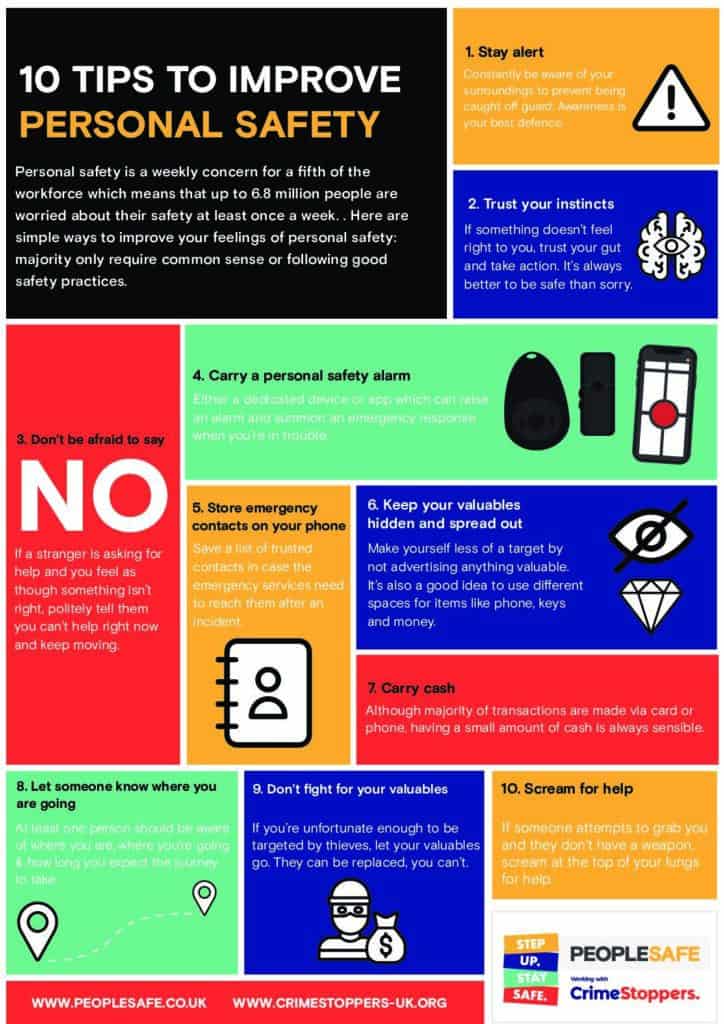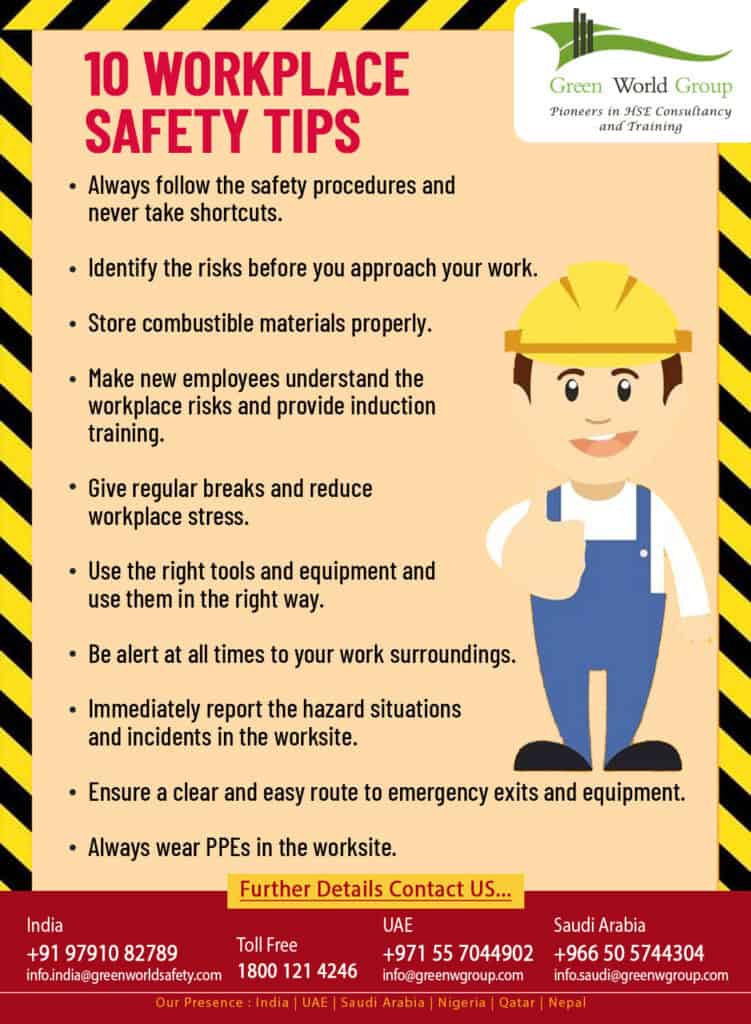In today’s fast-paced world, personal safety is often overlooked as we get caught up in our daily routines. However, staying safe is more important than ever, and it should be your number one priority. Whether you’re at home, at work, or out in public, being aware of your surroundings and taking proactive steps can significantly reduce the risk of harm. In this article, we’ll explore why personal safety matters and offer practical tips you can incorporate into your daily life to stay safe.
The Importance of Personal Safety
Personal safety is essential because it directly impacts your well-being and quality of life. When you prioritize safety, you reduce your risk of becoming a victim of accidents, crime, or injury. Being safe also gives you peace of mind, allowing you to focus on other areas of your life without unnecessary worry. Whether you’re walking to your car at night or managing your home security, being vigilant and taking small precautions can make a world of difference.
Everyday Tips for Personal Safety
1. Be Aware of Your Surroundings
Staying alert is one of the simplest and most effective ways to protect yourself. Pay attention to your environment, especially in unfamiliar or crowded areas. Trust your instincts—if something doesn’t feel right, take action.
- Tip: Avoid distractions like your phone when walking, especially at night. This keeps you more aware of what’s happening around you.
2. Secure Your Home and Property
Your home should be a safe haven, but it’s also a place where break-ins or accidents can occur. Taking simple steps to secure your property can prevent potential dangers.
- Install a security system: Use smart cameras, alarms, and motion detectors to monitor your home 24/7.
- Lock doors and windows: Always ensure that doors and windows are securely locked, even when you’re home.
- Use outdoor lighting: Motion-activated lights deter intruders and make your property less inviting to criminals.
3. Practice Safe Driving Habits
Road safety is another area where many people overlook the importance of personal safety. Accidents happen quickly, but taking safety precautions behind the wheel can prevent collisions and injuries.
- Wear your seatbelt: Always buckle up, no matter how short the trip.
- Avoid distractions: Stay off your phone while driving. Texting or using social media can lead to fatal accidents.
- Drive defensively: Anticipate the actions of other drivers, and be cautious in situations that could lead to road rage.
4. Be Cautious with Strangers
Whether you’re at a coffee shop or meeting someone for the first time, exercising caution around strangers is key to staying safe.
- Don’t share too much personal information: Be mindful of what you share with people you don’t know well.
- Meet in public places: If you’re meeting someone new, choose a public and well-lit location.
5. Maintain Physical and Cybersecurity
Protecting yourself online is just as important as protecting yourself in the physical world. Cybersecurity breaches can lead to identity theft, financial loss, and personal harm.
- Use strong passwords: Avoid using obvious passwords and enable two-factor authentication where possible.
- Monitor bank accounts: Regularly check your bank statements for any unauthorized transactions.
- Be cautious with social media: Sharing too much personal information can make you a target for cyberattacks or theft.

6. Self-Defense and Safety Tools
Learning self-defense techniques and carrying personal safety tools can make a significant difference in a dangerous situation.
- Take a self-defense class: Consider enrolling in a self-defense class to learn techniques that could help protect you in case of an attack.
- Carry a safety device: Items like pepper spray, a whistle, or a personal alarm can provide an extra layer of protection when you’re out and about.
Conclusion: Make Personal Safety a Habit
Incorporating personal safety into your daily routine doesn’t require drastic changes, just small, mindful adjustments. Whether you’re at home, at work, or out in public, being proactive about your safety can help you avoid danger and reduce the risk of harm. Start applying these tips today to create a safer environment for yourself and those around you.
